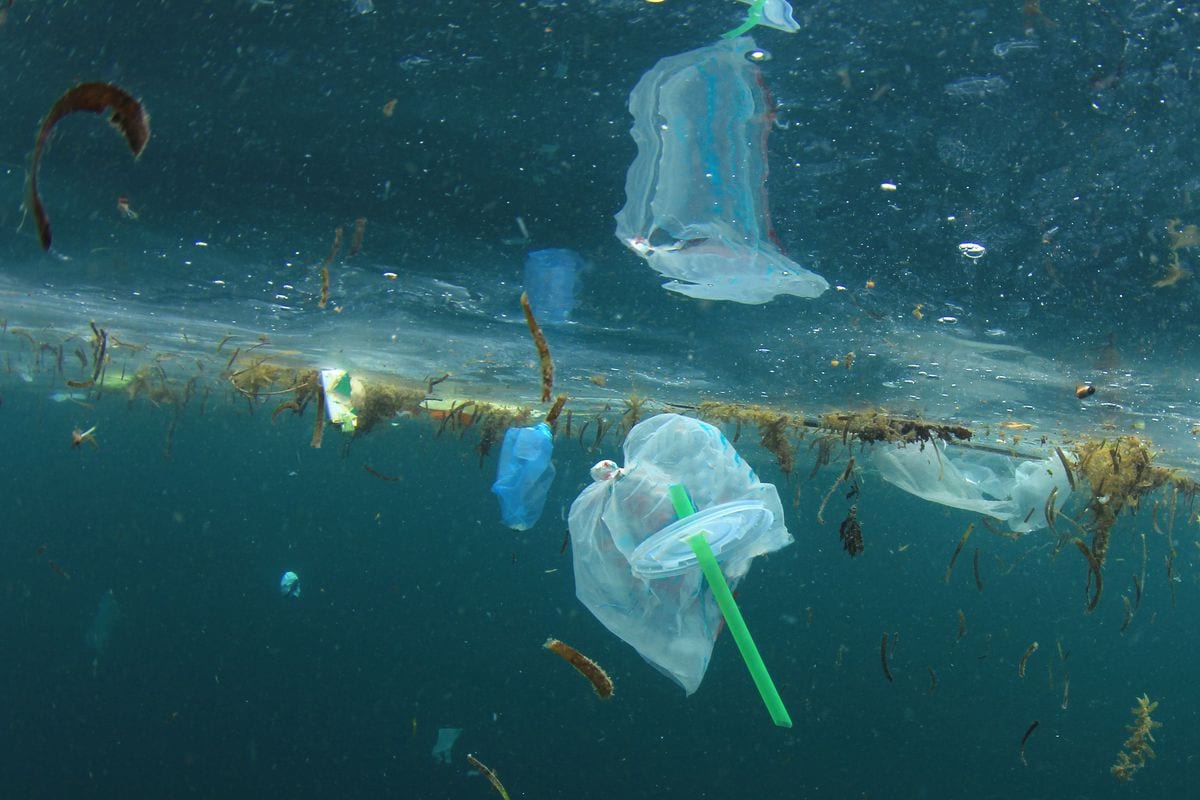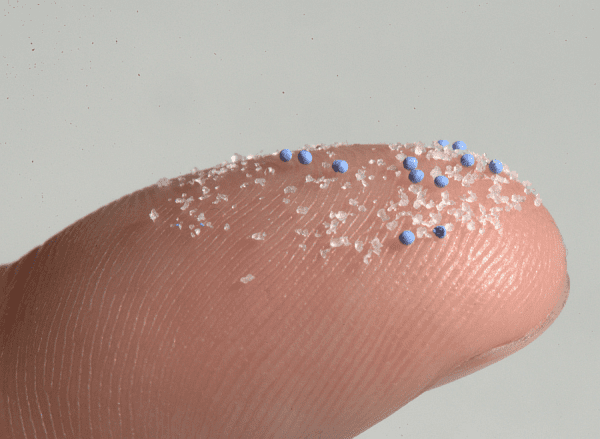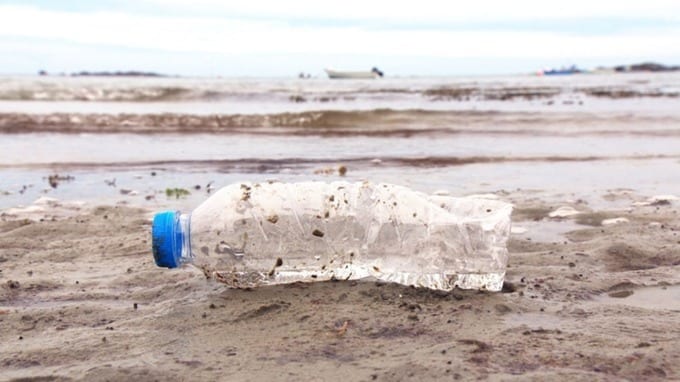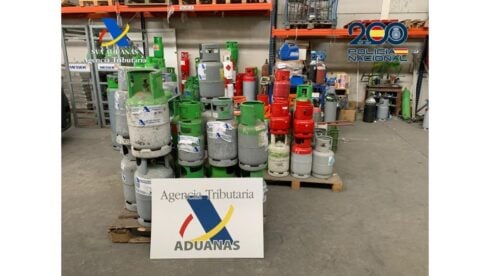
THE Costa del Sol has seen a ‘widespread’ increase of plastic on its beaches and in the sea, with Malaga one of the worst offenders.
That is according to a report by the Ministry of Energy Transition and a leading Spanish oceanographer.
READ MORE:
- Spain’s environmentalists issue doomsday warning as groundbreaking study reveals alarming levels of micro-plastic in the Pyrenees
- Spain’s Mercadona ditches single-use plastic bags
- NOT A BIN: Plastic fills river on Costa Blanca just hours after a 20-tonne clean-up
The Alboran Sea is fast becoming a ‘problem’, due to plastic waste and microfibres, that can leach into the sea from clothes in washing machines.
It also argues that unless concrete measures are put in place, the issues of ocean contamination will remain.

Microplastics are items of less than 5mm in length, and come from polystyrene packaging, microbeads in skin products, as well as fibres from synthetic garments.
“The load of microplastics in the sea is so high that it is already part of the ecosystem,” Salud Deudero, a spokesperson for the Spanish Institute of Oceanography said.
It comes after around 25,000 pieces of plastic were found on public beaches along the Alboran sea, between 2013 and 2018.
In the affected area, from Gibraltar up to Almeria, scientists also discovered 30 microplastic particles per kilo of sand.

Meanwhile, the average number found in Alboran seabed sediment was 130 microplastic particles per kilo, while in Malaga it is a ‘striking’ 300.
Deudero added: “If we removed packaging and bottles and used less textile fibers, the change would be spectacular.”
Despite a greater incidence of microplastics than larger rubbish like plastic bottles, bags and rope, the professor claimed larger items pose a greater threat to marine life.
“Of the microplastics we know with certainty that it has subchronic effects on species, but we do not have certainty of whether that would cause marine life to collapse,” he added.
The research also found that 26% of all plastic was caused by tourist, taking into account both micro and macro plastics.
Maritime transport was responsible for 18%, while cleaning activities contribute 8% and fishing 1%.
Click here to read more News from The Olive Press.








